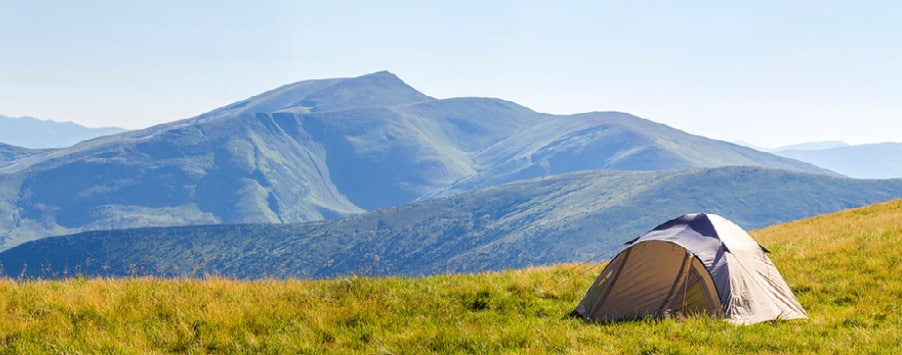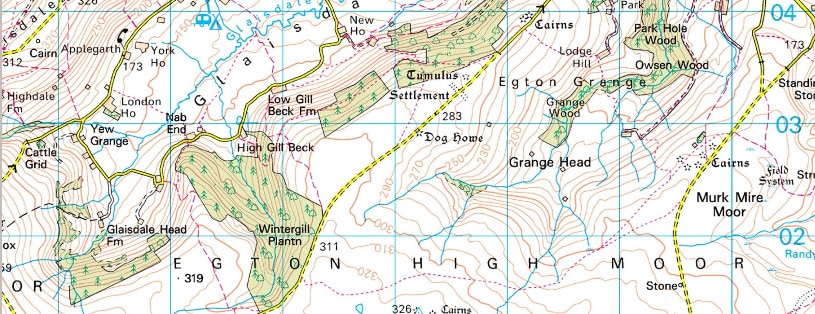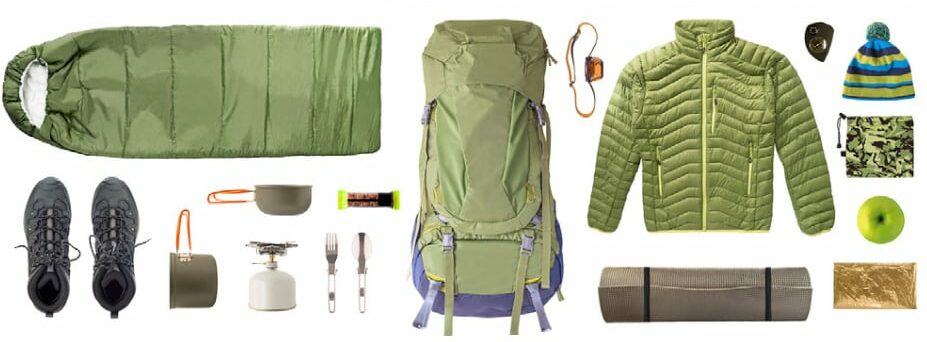Taking a solo camping trip can be an exhilarating and rewarding experience. The fresh air, the natural beauty, and the feeling of independence can be a perfect escape from the hustle and bustle of everyday life. If you’ve never been wild camping before, though, it can be intimidating to take that first step into the unknown. Here are some tips to help make your first solo wild camping experience in the UK a safe and enjoyable one:

Pack Wisely
The key to successful wild camping is packing wisely. It’s important to bring everything you need – including food and water – and not overpack. Be sure to bring a good sleeping bag and mat so you’ll stay warm on chilly nights; if you plan on pitching a tent, make sure you bring all necessary poles, pegs, and other equipment too. Also consider bringing a gas stove so you can cook meals while out in nature. A small charge bank is also useful for keeping your phone charged while you’re away from home.
Speak with others who have wild camped alone and survived to tell the tale! Fear of the unknown can be quite off-putting – but don’t let it get to you. The UK is one of the safest parts of the world when it comes to wildlife encounters, almost everything will be scared of you. You may hear some twigs snap in the night but you will be lucky to see what caused it.
Be Aware of Your Surroundings
When planning your trip, do some research about where you’re going and what kind of terrain to expect. Are there any unusual animals or plants in the area? Are there any potential hazards like cliffs or uneven ground that could cause injury? Knowing what dangers exist can help keep you safe during your journey. A detailed Ordnance Survey map can be really useful for this. Additionally, always tell someone where you will be going before heading out on your adventure – this way if something goes wrong, someone will know how and where to find you quickly.

Bring a First Aid Kit
No matter where you go or what activity you are doing, it is always wise to bring along a well-stocked first aid kit just in case anything happens while out in nature. Include items such as bandages, antiseptic ointment, painkillers and antihistamines – these should cover most minor injuries that may occur while camping outdoors alone. Additionally, it may be wise to learn basic wilderness first aid so that you know how to handle more severe emergencies should they arise while out in nature.

Conclusion: With these tips under your belt, it’s time for adventure! If this is your first time wild camping alone in the UK remember to stay aware of your surroundings at all times, pack wisely for any contingencies that may arise during your trip and bring along a well-stocked first aid kit just in case something does go wrong! With preparation and mindfulness of safety protocols set up before embarking upon an adventure such as this one – great memories await! So get ready for an incredible experience…

